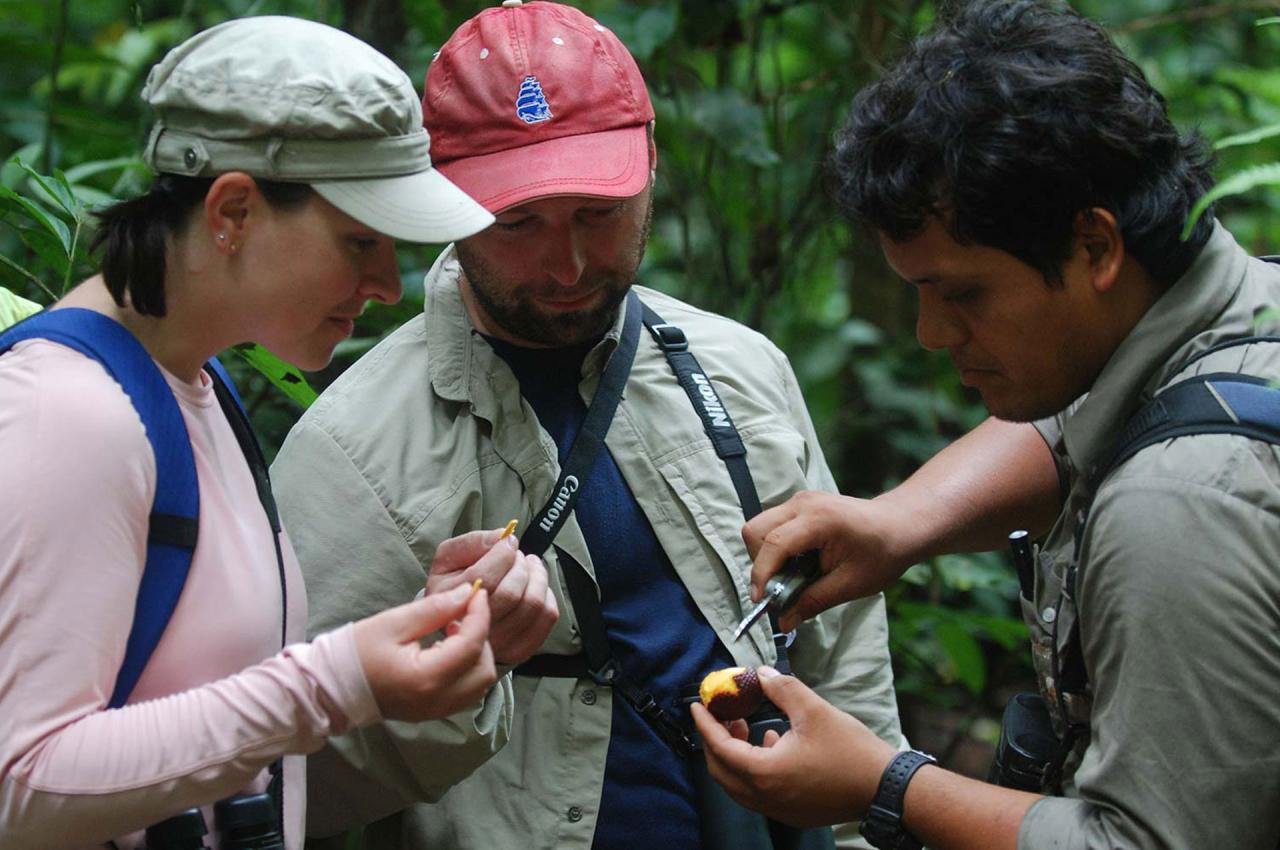Understanding Eco Tourism

Eco tourism mean – Eco tourism, a form of responsible travel, aims to minimize environmental impact while fostering cultural understanding and economic benefits for local communities. It embraces principles of conservation, sustainability, and respect for nature and local cultures.
Embark on a transformative journey of ecotourism, where the pristine beauty of nature intertwines with responsible travel practices. Venture into the enigmatic realm of desert ecotourism , where ancient sands whisper tales of resilience and adaptation. Discover the delicate balance between human presence and environmental conservation, ensuring that future generations can also witness the wonders of our planet.
Principles and Values
- Minimizing Environmental Impact:Eco tourism practices minimize disturbance to ecosystems and wildlife, reducing pollution, waste, and resource depletion.
- Supporting Local Communities:Eco tourism involves local businesses, providing economic opportunities and promoting cultural exchange.
- Promoting Conservation:Eco tourism raises awareness about environmental issues and encourages responsible behavior, supporting conservation efforts.
- Respect for Local Cultures:Eco tourism respects local customs, traditions, and beliefs, fostering understanding and appreciation.
Role of Responsible Travel
Responsible travelers play a crucial role in eco tourism by adhering to ethical practices. These include:
- Choosing eco-certified operators
- Minimizing waste and using sustainable products
- Respecting wildlife and their habitats
- Supporting local businesses
- Educating themselves about environmental and cultural issues
Benefits of Eco Tourism

Eco tourism offers a plethora of benefits that extend beyond mere travel and leisure. It serves as a catalyst for positive change, fostering conservation efforts, empowering local communities, and promoting cultural understanding.
Promoting Conservation and Sustainable Practices, Eco tourism mean
Eco tourism is intrinsically linked to the preservation of natural and cultural heritage. By encouraging responsible travel and promoting sustainable practices, it raises awareness about the importance of protecting the environment. This heightened awareness translates into tangible actions, such as reducing waste, conserving water, and supporting local conservation initiatives.
Eco tourists become active stewards of the environment, playing a vital role in safeguarding the planet for future generations.
Examples and Practices of Eco Tourism: Eco Tourism Mean

Eco tourism is a form of responsible travel that focuses on conserving the environment and supporting local communities. It offers a unique way to experience natural and cultural heritage while promoting sustainability. This section explores examples of eco tourism initiatives, provides guidelines for planning eco-friendly travel, and discusses certification and accreditation programs.
Eco tourism initiatives are emerging worldwide, showcasing innovative approaches to sustainable travel. In Costa Rica, the Monteverde Cloud Forest Reserve is a pioneer in eco tourism, protecting a diverse ecosystem while providing economic opportunities for local communities. The Great Barrier Reef Marine Park in Australia implements strict regulations to minimize environmental impact, ensuring the long-term health of this iconic natural wonder.
Guidelines for Planning Eco-Friendly Travel
Planning eco-friendly travel involves making informed choices that minimize environmental impact and support local communities. Consider the following guidelines:
- Choose destinations with a strong commitment to sustainability.
- Support local businesses that prioritize environmental practices.
- Reduce carbon emissions by opting for low-impact transportation options.
- Pack light and avoid single-use plastics.
- Respect wildlife and their habitats.
- Educate yourself about the destination’s culture and customs.
Certification and Accreditation Programs
Certification and accreditation programs play a vital role in promoting responsible eco tourism practices. Recognized organizations like the Rainforest Alliance and Green Globe provide standards and guidelines for businesses to demonstrate their commitment to sustainability. These programs offer independent verification, ensuring that travelers can make informed choices about eco-friendly accommodations, tours, and activities.
Eco tourism is the practice of traveling to natural areas while respecting the environment and supporting the local community. By fostering a deep appreciation for the natural world, ecotourism can inspire us to adopt sustainable practices in our daily lives.
Ecotourism and sustainable tourism go hand in hand, promoting the preservation of our planet while creating opportunities for local economic growth. Through responsible travel, we can create a harmonious balance between our need for adventure and the well-being of our ecosystems.